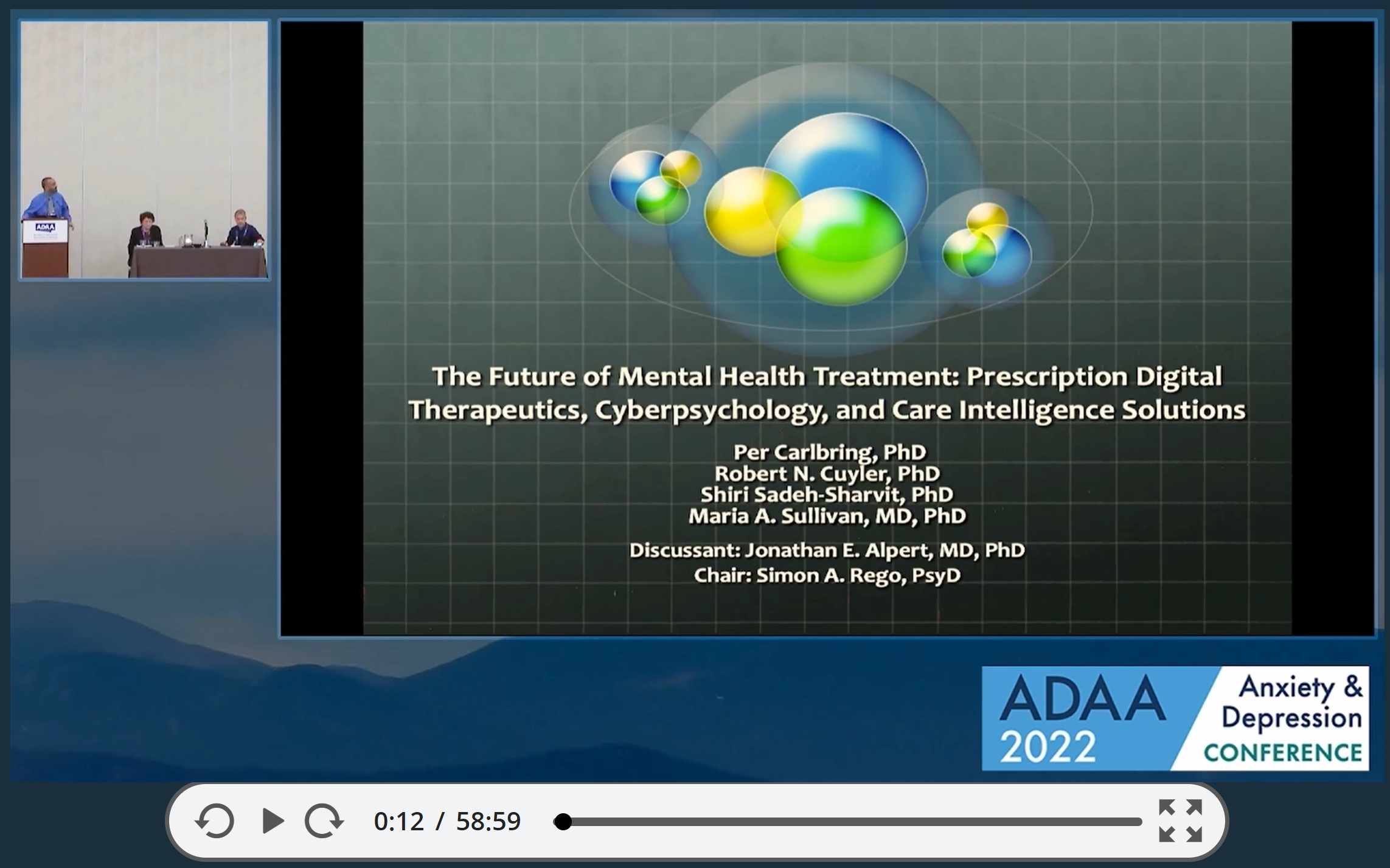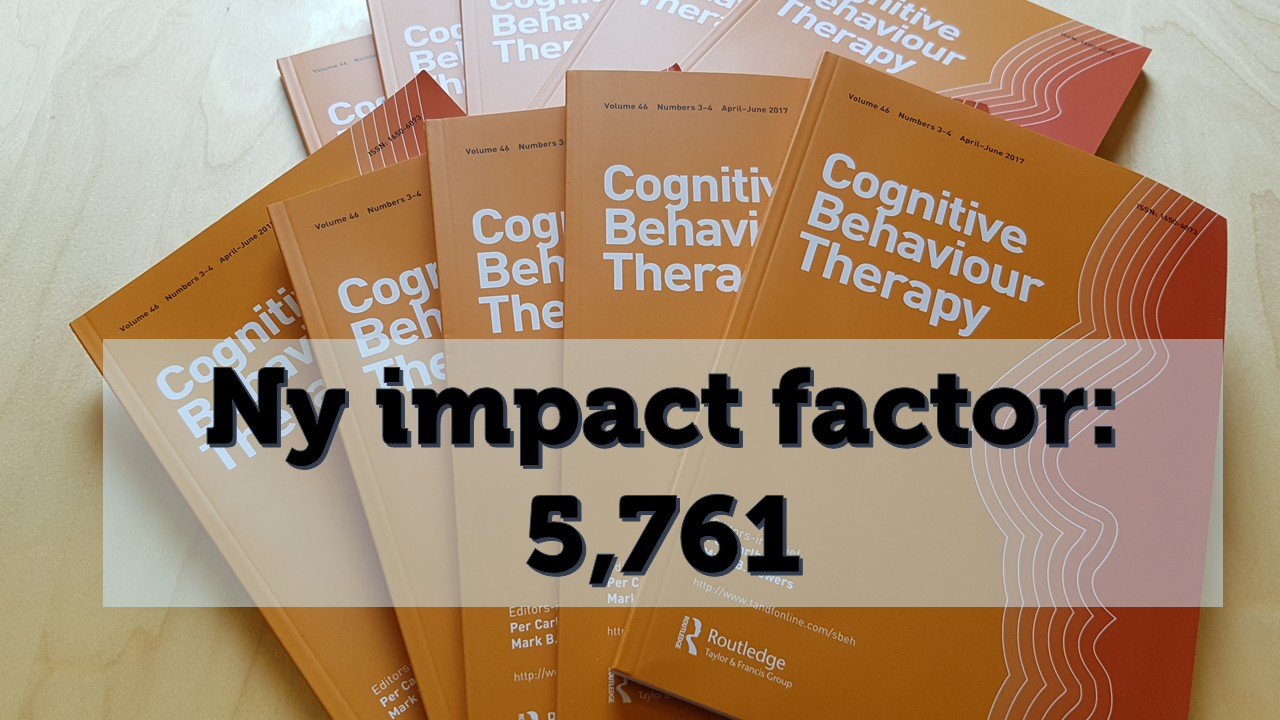Online consultations in mental healthcare: Modelling determinants of use and experience based on an international survey study at the onset of the pandemic
While online consultations have shown promise to be a means for the effective delivery of high-quality mental healthcare and the first implementations of these digital therapeutic contacts go back nearly two decades, uptake has remained limited over the years. The onset of the COVID-19 pandemic dramatically altered this relative standstill and created a unique turning … Läs mer!









